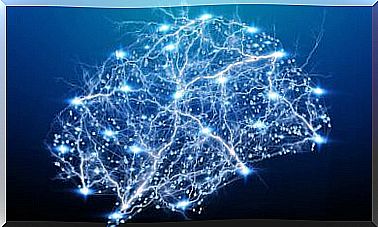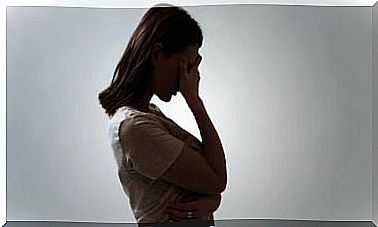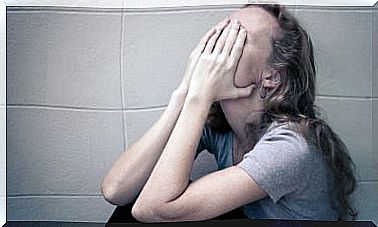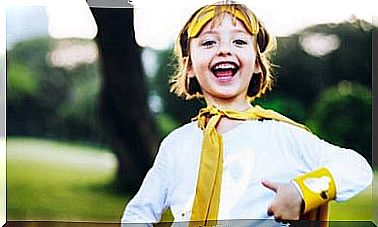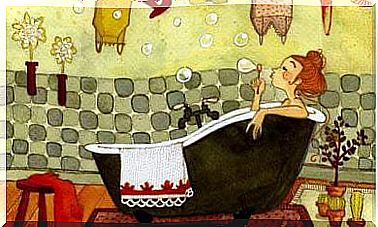Family Breakdown: How Does It Affect The Child?
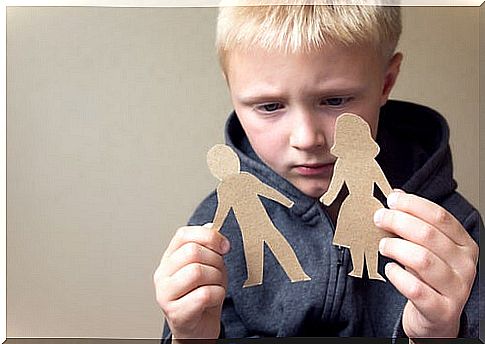
The separation or divorce of the parents can have effects – more or less important, depending on the circumstances – on all members of the family. In many cases, family disintegration leads to an undesirable and unsustainable situation that mainly affects the little ones.
Manipulation and disrespect are perhaps the first temptations that no couple should fall into. Therefore, it is essential to clean the language of insults towards the other, trying to prioritize the welfare of the minors over their own.
Likewise, it is very detrimental to the mental health of children, the fact that they feel forced to position themselves on the side of one or the other. It is not necessary to demonize the other, but to try to facilitate the transition towards the new family reality.
Changes at home
The departure of one of the parents leaves the family home “lame”. And these changes for children are as noticeable as they are inevitable. It is difficult to explain to the little one the reasons why mom and dad are no longer together. Therefore, efforts should not be put so much in the explanations but in guaranteeing their physical, emotional and psychological safety at all times.
To do this, you have to make an effort to make them understand that their parents are going to continue to be there for them, even if their relationship has been broken. Also, in the future, this will allow them to accept new family members in the event that their parents decide to rebuild their love lives.
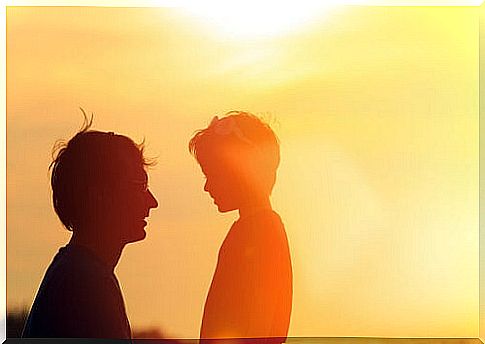
Work with uncertainty
Family disintegration for many children can mean going from a stable socioeconomic level to a state of total uncertainty. From having a balanced, orderly and safe life, to being surrounded by a series of economic threats, which can cause serious emotional difficulties in the child. The perception of changes, as far as possible, should not be abrupt, but progressive.
Children “suitcase”
Joint custody is one of the solutions proposed by legislation to guarantee joint physical care of the child by both parents. Given this, there is the danger of “suitcase children.” Those who, having to change rooms every very little time, are in a constant coming and going, as if they did not belong to either of the two houses.
Many children can react very badly to these constant changes in routines, relationships, environments, norms and schedules. This, ultimately, can cause them to develop emotional deficiencies.
Fear, anguish and stress
As a result of the changes we have mentioned, one of the most common reactions in children is fear. Panic about what will happen in the immediate future. Will my parents love me the same? What do I have to do now? Will I see my friends again?
These are some of the questions that the little one can ask in his head and that, if not clarified by adults, can generate emotional disturbances.
Hence, it is viral to transmit security to them and show them that the affective bond, love and the parental-child relationship will always remain intact. Even so, it is to a certain extent normal that, especially in moments immediately after the breakup, states of discomfort and anguish occur in the little ones.
On the other hand, in situations of family disintegration, older siblings can be an important support and reference, especially to build the story of what has happened. This blood or affective bond is recommended in these types of circumstances, in which children may feel that their parents are more focused on their own problems than on them.
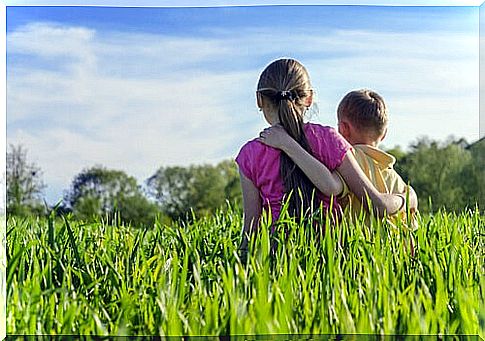
Behavior changes
In the process that lasts the divorce or separation, the little ones can show important changes in behavior. Many times, they are a wake-up call to their parents or an attempt to bring their parents closer. They believe that if they agree to scold him, they will be able to fix things between them.
This is closely linked to one of the most powerful negative emotions that all human beings have: guilt. If a child feels guilty about this family disintegration, it is possible that he carries out different compensatory behaviors; or even self-injure.
We are talking about a defense mechanism used to protect yourself from the pain caused by separation from your parents. And it is a reflection of the non-acceptance of the break.
Once again, it is essential to make children understand the distinction between the parents’ relationship and the bond that each of them maintains with the child. Couple and maternity / paternity.
Thus, on the one hand, family disintegration can greatly affect the well-being of the little ones. But, on the other hand, it can be positive for them from the point of view of the family climate. By ceasing tensions, conflicts and bad relationships between adults, the quality of life of the child can improve.

